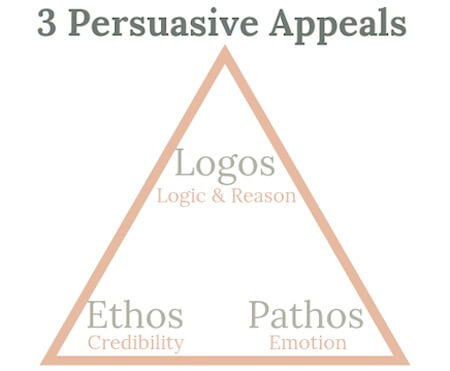
Today I’m musing on the power of argument and what it takes to argue well.
We live in a time when argument defines us and divides us. In this program I try to show the long, often beautiful history of argument and why arguing well and truthfully matters so much to our democracies and our lives.
~ Rory Stewart, introducing his three part (30 minutes each) Radio 4 series, “The Long History of Argument“
This show will be available globally (I think) on the BBC Sounds website or app.
I love how Rory Stewart argues, particularly in his podcast with Alastair Campbell, “The Rest is Politics“, as they are two people who deeply care about their country and the state of politics, they are both deeply curious, and, despite their differences in politics (one on the left, one on the right) they “disagree agreeably” and are open to their minds being changed.
In tweeting about the show, I noted:
One key is to be open to new information and changing your mind (the famous Keynes quote comes to mind)
Once during a high-profile government hearing, a critic accused him of being inconsistent, and Keynes reportedly answered with :
When events change, I change my mind. What do you do?
So in arguing with someone, be open to changing your mind and disagree agreeably.
As to making your argument, Rory made the point in the first show that, going back to the ancient Greeks, you need three elements to successfully make your argument:
- Ethos – You must radiate Trust and Authenticity to your audience
- Pathos – Be able to connect and appeal to Emotions, starting with reading your audience energetically
- Logos – This is the logic and reasoning in your argument, but it is nothing without Ethos and Pathos
I love argument and rhetoric, as well as debate. I think of my History teacher at Peebles High School, Mr Peter Waller, who I wrote about in “Thank your Teachers“. I also once had the opportunity to take the “Yes” motion at a debate on Scottish Independence held in Cayman a few weeks before the 2014 referendum. My opponent was a Scot and a Barrister who was in Cayman to support Geoffrey Cox QC in a major case. He and I were both very familiar with formal debating and disagreeing agreeably. I loved the evening and was happy to share a formal debate with the international audience.
Interestingly, after the formal side, the moderator opened the floor to questions. Standing to one side was the towering figure of Mr Cox, who had come into the room part way through to listen to the debate and the participation of his colleague. At the end, he asked to pose me a question.
This reminds me of my recent post: “Be Curious, not Judgmental” anchored on a short video of the brilliant Ted Lasso easily defeating someone who had judged him to be a weak opponent. In this case, the undeniably brilliant barrister (and so someone skilled in argument) judged me as a weak opponent. The argument he made with his question was, on this occasion, lazy and weak. I had to pause before answering so I could disagree agreeably rather than hammer his argument into the ground. As I note in my post on Open Leadership, always be Open and Humble, so curious.
